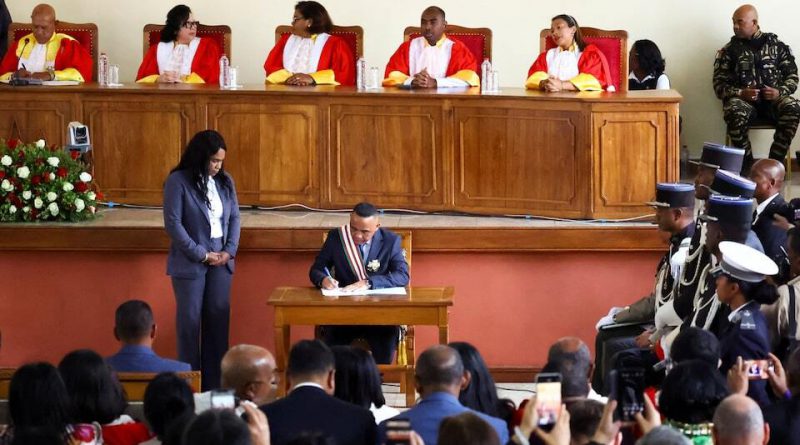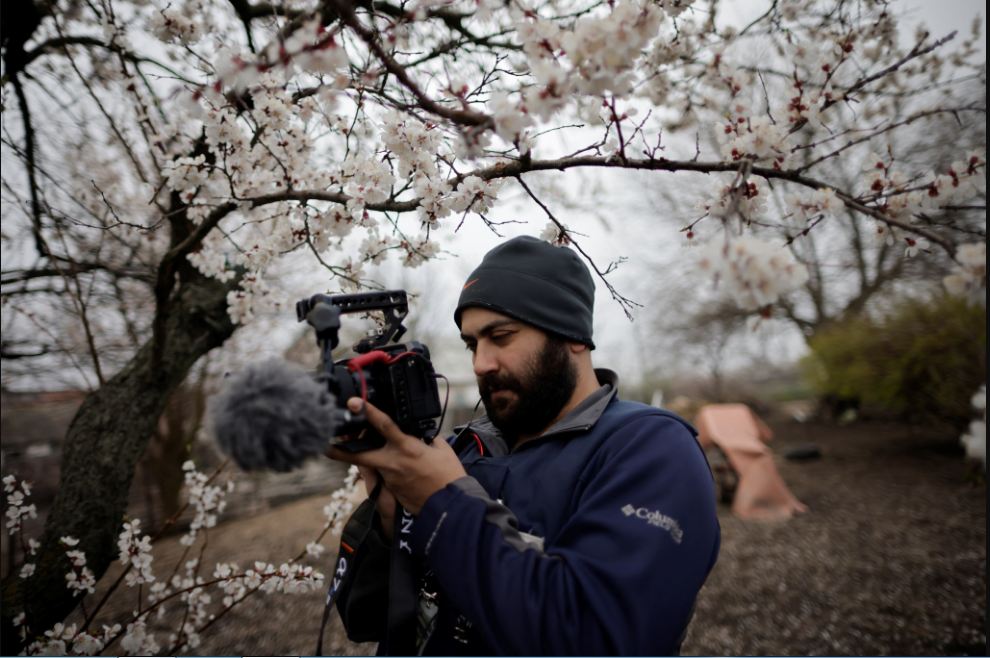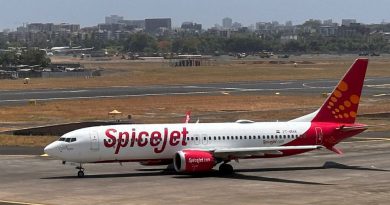Madagascar’s New Government Promises Stability and Reform with Civilian-Focused Cabinet
Antananarivo — Madagascar has ushered in a new phase of political and economic rebuilding as its newly formed military-led government announced a cabinet dominated by civilian ministers.
The move, seen as a step toward unity and inclusion, reflects President Colonel Michael Randrianirina’s commitment to balance governance, strengthen democratic foundations, and address pressing national challenges.
Madagascar’s new administration, led by Colonel Michael Randrianirina, takes a reform-driven approach by appointing a majority civilian cabinet to rebuild trust, restore stability, and strengthen the nation’s economy.
The appointment of 29 ministers, with 25 civilians and 4 members from the military or paramilitary forces, marks a significant effort to stabilize the country after weeks of political tension.
The administration aims to create a path of reconciliation and renewal following the leadership transition earlier this month.
President Randrianirina emphasized that the transitional government would prioritize peace, social development, and economic growth. A special military-led committee will govern alongside the civilian cabinet for up to two years until national elections are organized.
The new Prime Minister, Herintsalama Rajaonarivelo, announced the cabinet on national television, highlighting that the government will focus on public welfare and restoring confidence among citizens.
The inclusion of former opposition figures and independent experts demonstrates a clear intent to form an inclusive administration that values diverse perspectives.
Among the key appointments, Christine Razanamahasoa, a former National Assembly president and a strong advocate for reform, was named Foreign Minister. Fanirisoa Ernaivo, a respected legal professional known for her commitment to justice, has been appointed as Justice Minister.
Hery Ramiarison, an economics professor with a reputation for financial expertise, takes over as Finance Minister — a role expected to play a vital part in reviving the economy.
The new government has pledged to prioritize essential public services such as electricity and water, sectors that have long faced shortages and inefficiencies. Addressing these issues was a central demand of citizens during the recent unrest.
Officials have also emphasized the need to modernize the country’s power grid, expand access to clean water, and support rural development projects. These initiatives aim to reduce economic disparities, generate employment, and improve living conditions across the nation.
Madagascar’s infrastructure challenges have deep historical roots. Since gaining independence in 1960, the country’s per capita economic output has struggled to grow, but the new administration sees this moment as an opportunity for transformation.
Efforts are underway to attract investment, strengthen local industries, and restore investor confidence.
Economic stability is at the core of the government’s mission. Under Professor Ramiarison’s leadership, the Finance Ministry plans to introduce reforms to improve fiscal management, encourage entrepreneurship, and enhance agricultural productivity — one of Madagascar’s economic strengths.
The administration has also expressed interest in closer partnerships with regional and international organizations to support sustainable growth. By fostering transparent governance and responsible economic planning, Madagascar aims to position itself as a strong and self-reliant player in the Indian Ocean region.
Despite the political turbulence of recent months, the overall public sentiment is cautiously hopeful. Many citizens and civic groups have welcomed the civilian-focused approach as a sign of stability and progress. The government’s commitment to organizing democratic elections within two years has further strengthened public confidence.
President Randrianirina, in his address to the nation, called for patience, unity, and collective responsibility. “Our mission is to heal divisions, restore dignity, and build a future that belongs to every Malagasy citizen,” he said.
As Madagascar embarks on this new chapter, the blend of military discipline and civilian expertise within the government reflects a forward-looking approach — one that seeks to balance security, development, and democracy.
The country now stands at a crossroads, with the potential to transform challenges into opportunities for growth, inclusion, and lasting peace.



